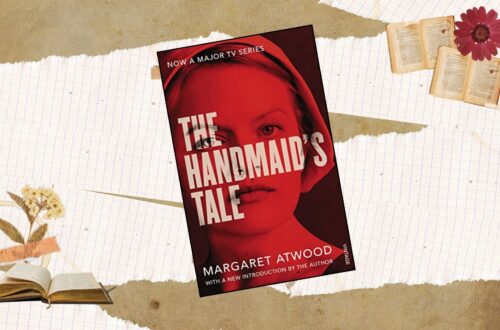A generational family history told by the narrator, born as intersex and raised as Calliope later turned Cal, Jeffrey Eugenides’s Middlesex is a rare, unconventional gem of fiction. The family saga is rich and full of drama. It ran seamlessly when the book picked up its pace, despite its inconsistency which stuck out to me like a sore thumb.
Of course, there were elements to it that were engaging: the incorporation of the gene in telling the saga and how it pieces together in Cal’s life were evocative. However, I felt like the writing was very uneven, to say the least. There could be parts that are bursting with contemplation and discussion, and there could be those flat, static instances where Cal’s voice ceases to be his and rather a dry interpretation of the generational history. With Cal narrating everything, it definitely felt like more could be done. But by the end of this novel, I ultimately emerged still without having formed a coherent understanding of his motives for narrating such a piece and who he is as a character outside of the confines of gender. Rather than looking through the world in his eyes, the narrative just felt detached and empty.
I’ve also seen a lot of reviews title this novel as “lyrical” and “intelligent”. In my case, I found none of these to be true. The narrative style is strikingly American (perhaps for its forthright and almost hackneyed manner) and lacking in subtlety, which in my opinion, is one of the qualities that make humans human. The characters felt like empty shells played by a puppeteer’s hand, to put it simply.
In 2003, Middlesex received the Pulitzer Prize, which is esteemed as one of the most prestigious recognitions in literature. Compared to the other Pulitzers I’ve read, namely The Goldfinch, I felt that this novel paled in comparison. Still, this is a highly acclaimed novel, and I did enjoy it at times–just not as much as I expected to.
~ 3 stars





